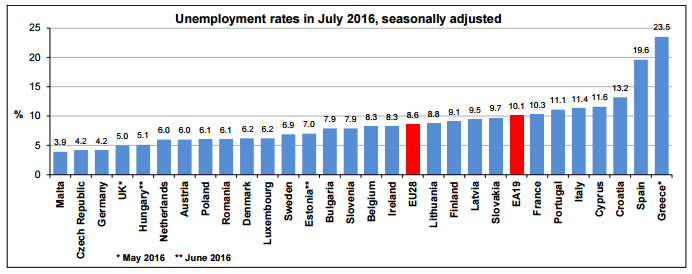A key gauge of credit vulnerability is now three times over the danger threshold and has continued to deteriorate, despite pledges by Chinese premier Li Keqiang to wean the economy off debt-driven growth before it is too late. The Bank for International Settlements warned in its quarterly report that China’s "credit to GDP gap" has reached 30.1, the highest to date and in a different league altogether from any other major country tracked by the institution. It is also significantly higher than the scores in East Asia's speculative boom on 1997 or in the US subprime bubble before the Lehman crisis. Studies of earlier banking crises around the world over the last sixty years suggest that any score above ten requires careful monitoring. The credit to GDP gap measures deviations from normal patterns within any one country and therefore strips out cultural differences. It is based on work the US economist Hyman Minsky and has proved to be the best single gauge of banking risk, although the final denouement can often take longer than assumed. Indicators for what would happen to debt service costs if interest rates rose 250 basis points are also well over the safety line. China’s total credit reached 255pc of GDP at the end of last year, a jump of 107 percentage points over eight years. This is an extremely high level for a developing economy and is still rising fast .
 The leaders of the Czech Republic and Hungary say a "joint European army" is needed to bolster security in the EU. They were speaking ahead of talks in Warsaw with German Chancellor Angela Merkel. They dislike her welcome for Muslim migrants from outside the EU. Hungary's Prime Minister Viktor Orban said "we must give priority to security, so let's start setting up a joint European army". The UK government has strongly opposed any such moves outside Nato's scope. The Czech, Hungarian, Polish and Slovak leaders are coordinating their foreign policy as the "Visegrad Group". Czech Prime Minister Bohuslav Sobotka said building a joint European army would not be easy, but he called for discussion to start on it. The EU has joint defence capabilities in the form of 1,500-strong battle groups, but they have not been tested in combat yet. Last year European Commission President Jean-Claude Juncker called for a European army to give the EU muscle in confronting threats from Russia or elsewhere.
The leaders of the Czech Republic and Hungary say a "joint European army" is needed to bolster security in the EU. They were speaking ahead of talks in Warsaw with German Chancellor Angela Merkel. They dislike her welcome for Muslim migrants from outside the EU. Hungary's Prime Minister Viktor Orban said "we must give priority to security, so let's start setting up a joint European army". The UK government has strongly opposed any such moves outside Nato's scope. The Czech, Hungarian, Polish and Slovak leaders are coordinating their foreign policy as the "Visegrad Group". Czech Prime Minister Bohuslav Sobotka said building a joint European army would not be easy, but he called for discussion to start on it. The EU has joint defence capabilities in the form of 1,500-strong battle groups, but they have not been tested in combat yet. Last year European Commission President Jean-Claude Juncker called for a European army to give the EU muscle in confronting threats from Russia or elsewhere.



















